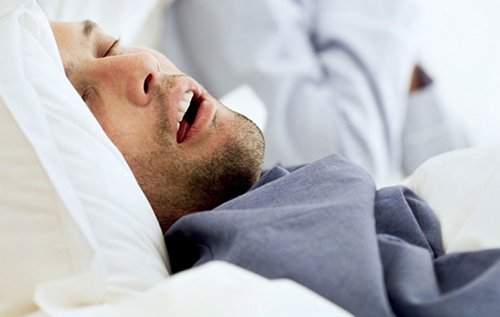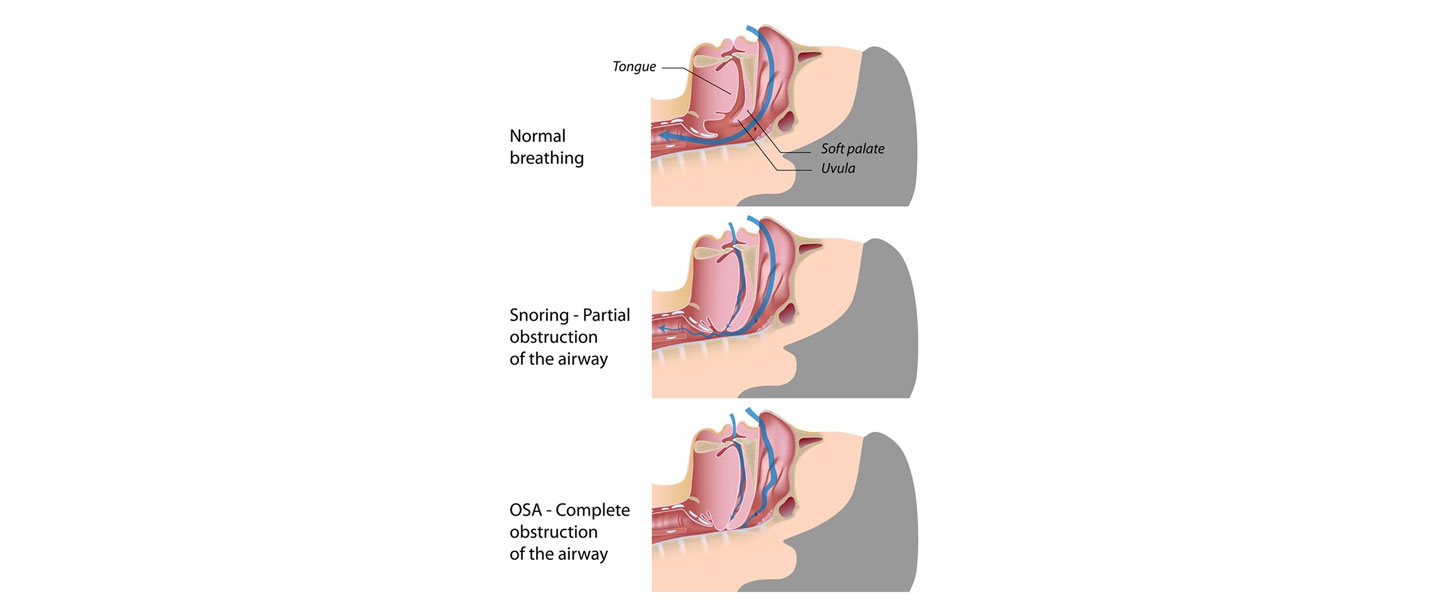News - Fri, 03/22/2019 - 09:24
Sleep Apnea
Last update 09/27/2024 - 17:58

Ảnh minh họa
Sleep apnea is a serious medical problem. Unfortunately, many don’t even realize that they have a sleep condition, let alone severe sleep apnea. When left untreated, this can lead to long-term and even life-threatening symptoms
When you have this condition, your breath can become very shallow or you may even stop breathing -- briefly -- while you sleep. It can happen many times a night in some people.
There are 03 kinds of sleep apnea: Obstructive sleep apnea (OSA), central sleep apnea and mix sleep apnea. Obstructive sleep apnea is the most common form of sleep apnea and is believed to affect approximately 4% of men and 2% of women. However, it is believed that only about 10% of people with OSA seek treatment leaving the majority of OSA sufferers undiagnosed.

Obstructive sleep apnea (OSA) happens when something partly or completely blocks your upper airway during shut-eye. That makes your diaphragm and chest muscles work harder to open the obstructed airway and pull air into the lungs. Breathing usually resumes with a loud gasp, snort, or body jerk. You may not sleep well, but you probably won't be aware that this is happening.
What’s symptom of sleep apnea?
- Snoring
- Excessive daytime sleepiness
- Night waking and gasping
- Mood changes
- Trouble concentrating
- Dry mouth and sore throat
- Headache
What’s complication of sleep apnea?
Research studies have shown that OSA is associated with a variety of unpleasant health problems. These include :
- high blood pressure
- heart attacks
- strokes
- heart failure
- irregular heart rhythm
- diabetes
- sudden death
If you think you have sleep apnea, you should see a Pneumologist to examine and to perform some test to confirm diagnosis and to determine if there is something else that is causing your sleep problems or making the symptoms worse, such as:
- Another sleep disorder
- A medical condition
- Medication use
- A mental health disorder
- Substance abuse
A respiratory polygraphy or polysomnography is needed to diagnose sleep apnea. After your sleep study , you will schedule a follow-up appointment to discuss the results. If you are diagnosed with sleep apnea, your doctor will discuss your treatment options with you.
A sleep apnea is a serious sleep disorder that needs to be treated, your doctor can help you to select a treatment that is right for you. Depending on the treatment, your doctor may work in collaboration with other members of the sleep team, including dentists, ENT doctors, cardiologists, nurses and technologists. Your plan may include any combination of these treatments:
- CPAP (continuous positive airway pressure)
- Oral appliance therapy
- Surgery
- Weight management
- Positional therapy
- Lifestyle changes
For further information, please contact us at: (84-24) 3577 1100 or send us an inquiry here



